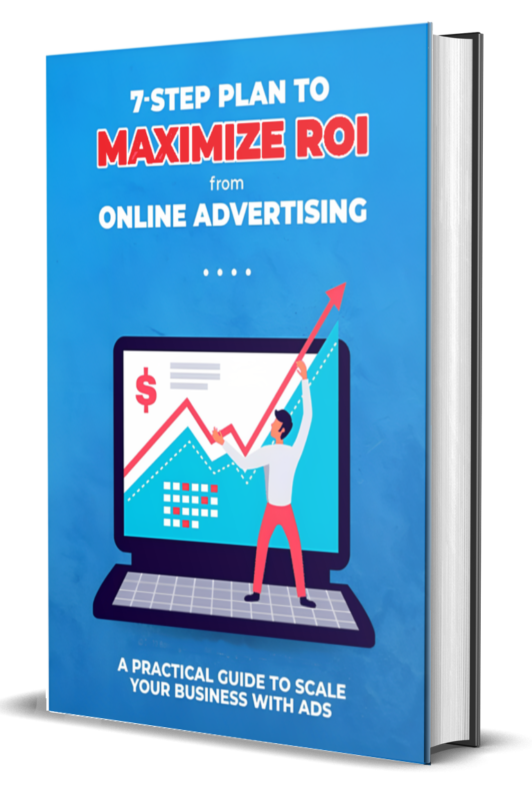In today’s fast-paced digital world, a website’s loading speed can make or harm any business success. Internet users have become increasingly impatient, and a slow website can lead to high bounce rates and lost opportunities. This article delves into the significance of website speed and why it is crucial for both user experience and search engine optimization (SEO).
The Need for Speed
1. User Experience Enhancement
A slow-loading website frustrates visitors and discourages them from staying. Studies show that users expect a website to load in less than three seconds. Anything beyond that, and you risk losing potential customers. A fast website, on the other hand, keeps users engaged and satisfied.
2. SEO Ranking Factors
Search engines, particularly Google, consider website speed as one of their ranking factors. Websites that load quickly are more likely to rank higher in search results. This is because search engines want to provide users with the best possible experience, and a fast website contributes to that goal.
The Impact on Conversions
3. Reduced Bounce Rates
When users encounter a slow website, they are more likely to bounce back to the search results and explore other options. High bounce rates signal to search engines that your website might not be relevant or helpful, which can negatively impact your SEO efforts.
4. Improved Conversion Rates
In contrast, a fast website leads to improved conversion rates. Visitors are more likely to engage with your content, sign up for newsletters, make purchases, or take any desired action when your website responds promptly to their requests.
Mobile Responsiveness Matters
5. Mobile Users Expect Speed
With the increasing use of smartphones, mobile optimization has become crucial. Mobile users, in particular, demand fast-loading websites. If your website isn’t optimized for mobile devices, you risk losing a significant portion of your potential audience.
6. Mobile-First Indexing
Google has shifted to mobile-first indexing, meaning it primarily uses the mobile version of your website for ranking and indexing. Slow-loading mobile pages can severely harm your SEO efforts.
Technical Optimization for Speed
7. Image Compression
Large images can significantly slow down a website. Utilize image compression techniques to reduce file sizes without compromising on quality.
8. Minimize HTTP Requests
Reducing the number of HTTP requests needed to load a page can speed up your website. Combine multiple files and use browser caching to minimize requests.
9. Content Delivery Networks (CDNs)
CDNs distribute your website’s content across multiple servers worldwide, ensuring that users receive data from the nearest server, reducing load times.
Measuring and Monitoring
10. Tools for Speed Testing
Use tools like Google PageSpeed Insights and GTmetrix to analyze your website’s speed performance regularly. These tools provide valuable insights and suggestions for improvement.
11. Continuous Optimization
Website speed is not a one-time task. Continuously monitor and optimize your site to ensure it remains fast as you add new content and features.
Conclusion
In a digital landscape where competition is high, website speed is not merely a luxury; it’s a necessity. It directly impacts user experience, SEO rankings, and conversion rates. By prioritizing speed optimization and regularly monitoring your website’s performance, you can stay ahead in the online race.
FAQs (Frequently Asked Questions)
1. How does website speed affect SEO?
Website speed is a crucial factor in SEO. Faster-loading websites tend to rank higher in search engine results, leading to increased visibility and organic traffic.
2. Can a slow website harm my business?
Yes, a slow website can harm your business by driving away potential customers and reducing conversion rates. It also negatively impacts your SEO efforts.
3. What are some common reasons for slow website speed?
Common reasons for slow website speed include large unoptimized images, excessive HTTP requests, and lack of content delivery networks (CDNs).
4. How can I improve my website’s speed?
You can improve your website’s speed by optimizing images, reducing HTTP requests, implementing CDNs, and regularly monitoring your site’s performance.
5. Is mobile optimization essential for website speed?
Yes, mobile optimization is crucial for website speed, as an increasing number of users access websites on mobile devices. Failure to optimize for mobile can result in slow-loading pages and decreased rankings.
We value your feedback and questions. If you have any inquiries or need help with website speed optimization, designing new business website or any other digital marketing services, reach out to us. Our team of experts is here to help you succeed online.




